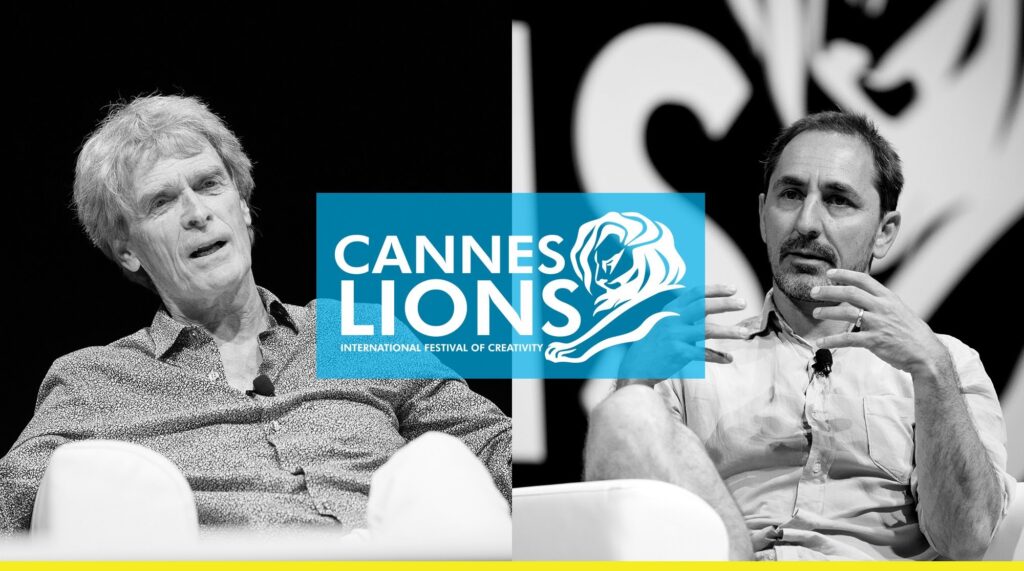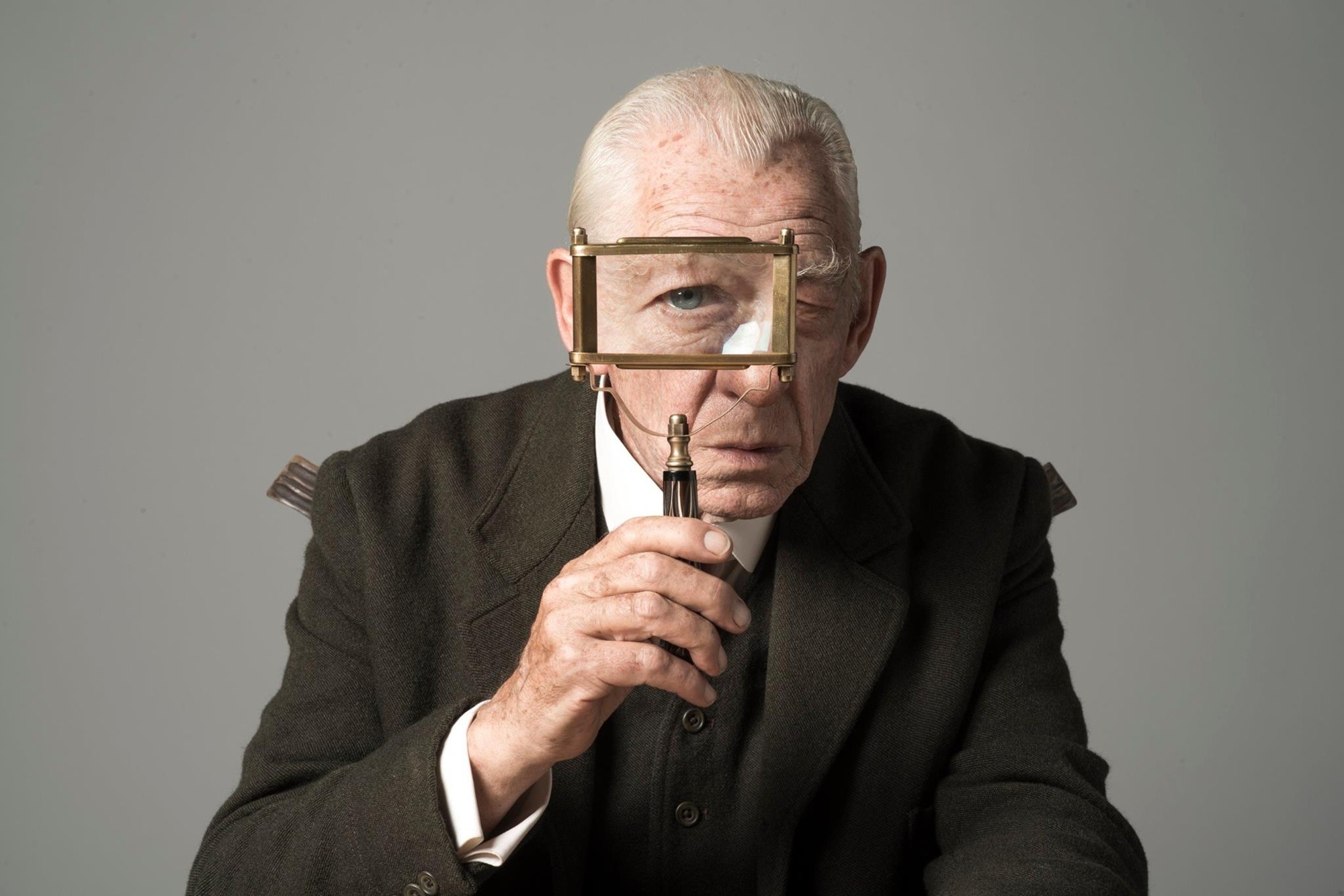Hegarty spreekt in Cannes over de kracht van bioscoop
20 juli 2016 - 5 minutes read
The advertising industry is a dangerous bubble, so John Hegarty said at Cannes Lions this year. This is cannot be news to anyone who has been working in the ad industry for more than a few minutes. But this is John Hegarty speaking, so expect that sound bite to induce even more navel-gazing within the bubble he’s referring to.
Nowhere is this bubble more evident than at Cannes Lions, where the industry awards itself with trophies, rewards itself with rosé, looks to its future and toasts its past glories.
And the bubble gets bigger every year, with a record number of submissions in 2016, which at 43,101 is a 7% increase on last year. That is a lot of work to wade through and most of it, across many media, will inevitably get lost in the stampede.
There is one medium that tends to rise to the top despite the fact that it’s not new, won’t make pulses race at Wired magazine and hasn’t inspired the “innovation” tag for some time now. It is good old-fashioned cinema.
No escape
Cinema is not all-encompassing in quite in the same way as VR, but at least the 360-degree view won’t give you nausea or a crick in your neck. Instead cinema gives you room to breathe. The power lies in the fact that, there in the dark, you are in its thrall and unlike social media or your phone, there aren’t many other places to look.
It is obvious that cinema has a power no other medium can quite replicate. This is presumably why Hegarty has decided to extrapolate on the joys of the big screen for two years straight now, with his seminar on cinema showcasing the UN’s ‘Global Goals’ campaign.

“Cinema arguably has more ability than any other medium to elevate a brand in the minds of its audience”
The presence of the producer of the film Spotlight Steve Golin on stage with John Hegarty in his session this year was a reminder that cinema can change things as much as it can entertain. Spotlight, which followed the investigation that blew open a major child abuse scandal within the Catholic church and won the Oscar for best picture, has resulted in numerous arrests of paedophile priests since its release. Cinema pushed the issue into the mainstream and changed people’s lives as a result. “A lot of survivors who had never talked, came out of woodwork,” Golin said.
A feature film people would part with £15 to see and devote their Friday night to may not be easily comparable with the commercial that runs just before the credits roll. But in an age, and a festival, when all anyone can talk about is the latest tech, it’s worth remembering that cinema arguably has more ability than any other medium to elevate a brand in the minds of its audience.
Raising your game
It actively encourages you to be daring and move outside of the confines of the brief to entertain or get people to engage in an important issue, or both. Hegarty concluded his session by acknowledging that people in advertising may wonder how they can possibly compete with movies. I’d argue that even the mere fact of wondering how you can compete raises your game.
Cinema and, the association with the big era-defining movies of our time, automatically lifts us out of our bubble and makes us fully realise our role as an industry more than any other medium – to entertain and move people as much as we possibly can.

